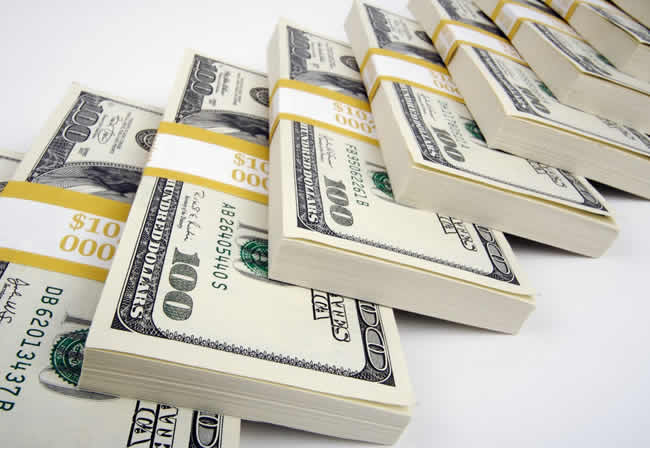
In July, the country's external reserves experienced a decline of $167.2 million, coinciding with a further depreciation of the naira against the dollar.
Data obtained from the Central Bank of Nigeria regarding the movement of external reserves indicated that the reserves, which were at $34.12 billion as of June 30, 2023, decreased to $33.95 billion by July 28, 2023.
Over the past two weeks, the naira witnessed a drop from 820 naira per dollar to 868 naira per dollar at the parallel market on Monday.
Meanwhile, in the Investors and Exporters (I&E) window on the Financial Markets Dealers Quotations (FMDQ), the naira's trading started at 784.91 naira per dollar, reached a peak of 830 naira per dollar, and ultimately closed at 756 naira per dollar.
According to Mr. Abudul Ahmed, a Bureau de Change operator in Lagos, they purchased and sold the dollar at rates of 860 naira per dollar and 868 naira per dollar on Monday.
Discussing the foreign exchange pressure with The PUNCH, Aminu Gwadabe, the President of the Association of Bureau De Change Operators of Nigeria, stated that the initial optimism has been replaced by pessimism due to the ongoing lack of confidence in the local currency. As a result, there has been a rise in the holding of foreign exchange, hoarding, and speculative activities.
“The core objectives of the harmonization of the multiple exchange rate is to discourage arbitrage and rent seeking, however, the recent trajectory does not seem to achieve that.”
He further explained that the rising demands from oil marketers, pending investments, school fees, and travelers have been continuously adding pressure on the limited availability of dollars in the market.
To address the imminent situation regarding the local currency, he emphasized the need to secure additional foreign funding through bilateral or multilateral means to improve liquidity.
During the recent Monetary Policy Committee meeting in Abuja, the acting Governor of the Central Bank of Nigeria, Folashodun Shonubi, acknowledged the urgency to tackle the demand pressures affecting the country's exchange rate, as the naira continued to weaken against the dollar.
Shonubi highlighted that the increase in external reserves remained sluggish, while the pressures for foreign exchange persisted.
He stated, "The market needs to reach its equilibrium. There is a significant backlog of demand that the market cannot currently meet. Once we address this demand, the volatility in the market will stabilize. We have already initiated interventions, and we will continue to intervene until the market stabilizes at our desired level."
Copyright © ENTREPRENEURSHIP DEVELOPMENT INSTITUTE 2015. All rights reserved.
Powered by: C.B.N